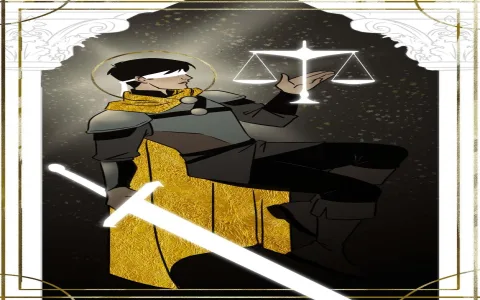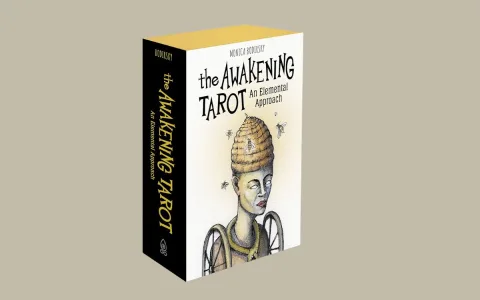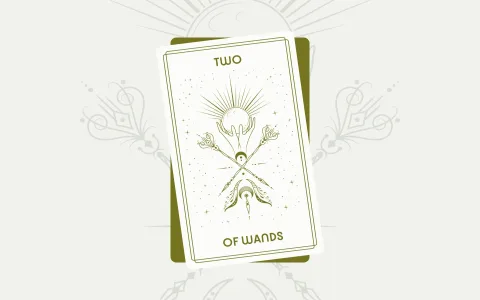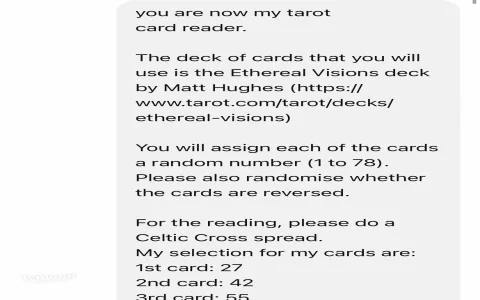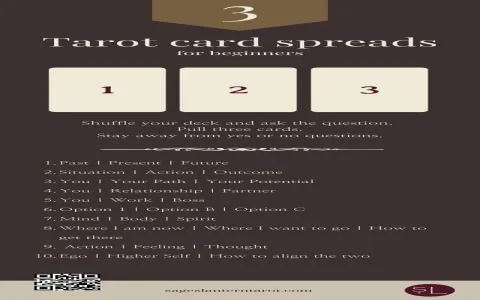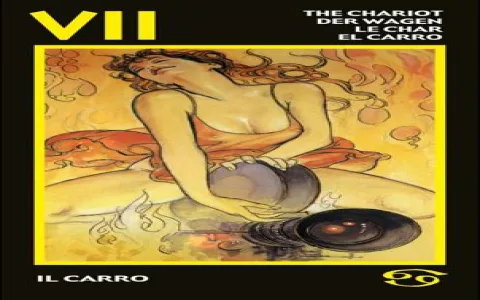Man, let me tell you, for the longest time, the cards Justice, Judgement, and sometimes just the whole theme of karma or consequences in a reading, completely wrecked my flow. They were showing up together in readings for people who were dealing with huge life stuff—think divorces, legal battles, big job changes. They’d ask, “Am I going to win?” or “Is this fair?” And when these three popped up, I just felt like I was talking in circles.
I knew the textbook meanings, sure. Justice is the court, the law, balancing the scales. Judgement is the big wake-up call, the spiritual reckoning, forgiveness, and moving to the next phase. But when they are right next to each other, they just feel like they are yelling the same thing: CONSEQUENCES!
The Mess That Made Me Start Tracking
I hit a wall about six months back. I had a client, a friend really, who was stuck in a brutal custody dispute. Every time I pulled for her future outcome, Justice and Judgement were there, sometimes with a Death card thrown in, just to make things extra dramatic. I couldn’t give her a clear answer on whether the judge would rule in her favor (Justice) or if she needed to accept the past and move on (Judgement).
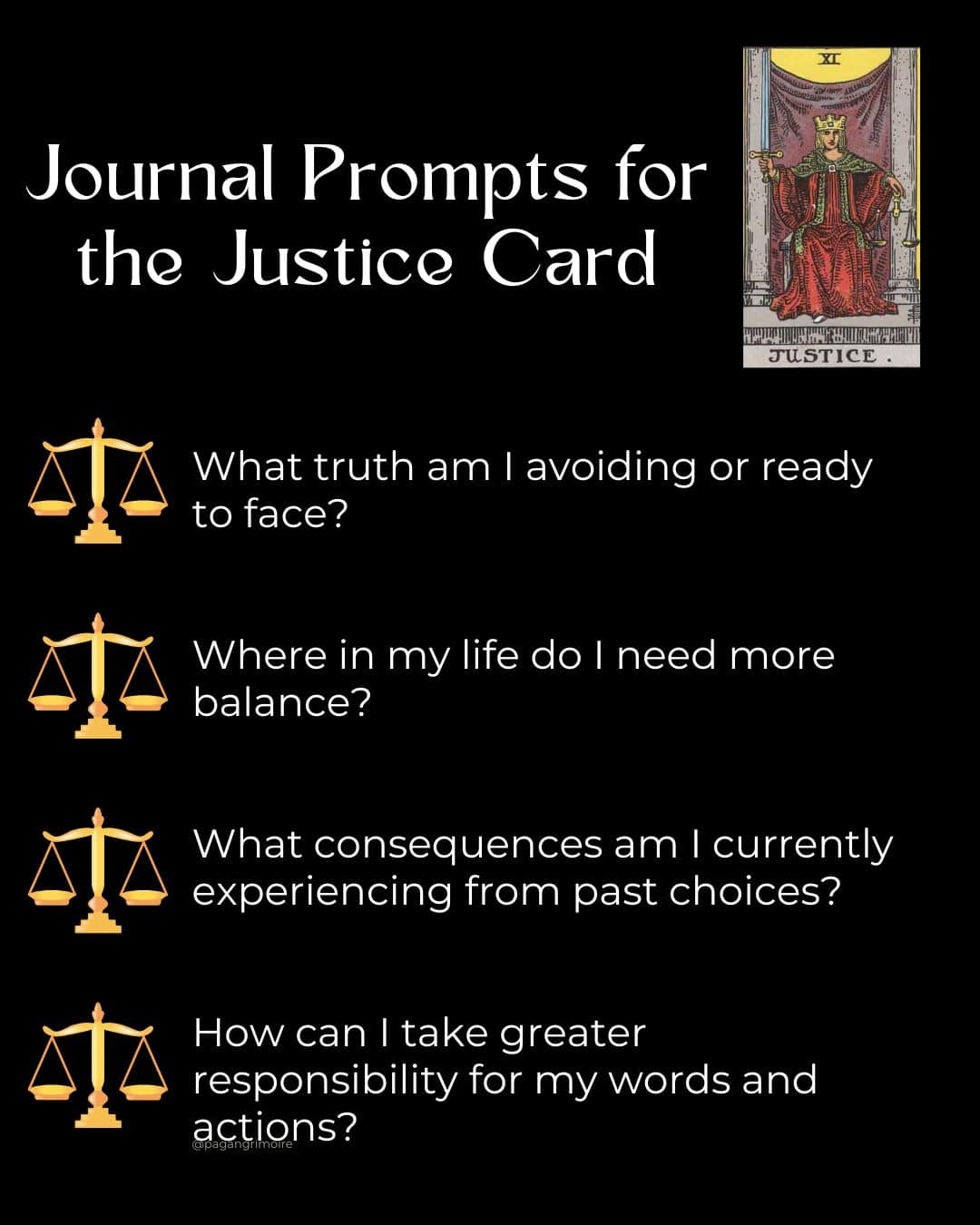
That confusion drove me nuts. I decided I had to figure out their active difference. I pulled out three different decks—my Rider-Waite clone, a Marseilles style deck, and a modern abstract one—and I started isolating just these two cards, Justice and Judgement, along with the Tower, just because I like trouble.
My first step wasn’t reading them, it was just looking at them. I spread them all out on the floor and I started writing down key differences in the imagery. I didn’t care what the books said yet; I only cared about what I saw.
- Justice is sitting up straight, looking out, and holding tools: sword and scale. It’s objective. It’s about measurement.
- Judgement is chaos in the air. People rising from graves, an angel blasting a horn. It’s vertical movement, a massive internal shift, and a calling.
My Practice: The 50-Scenario Challenge
I then started my real test. I decided I would track 50 actual situations involving consequences, either mine or things my friends and clients were dealing with. I had to assign the core energy before the situation resolved itself. I used a simple three-card pull for each scenario: Situation, Core Energy, Outcome.
For example, if my buddy was waiting for a payment from an old employer who was legally obligated to pay him, that was a definite Justice scenario. If he got the Justice card in the Core Energy spot, and the money came through, I marked it down as a correct read.
But here’s where it got tricky. My mom was agonizing over whether she should forgive her long-lost brother who suddenly reached out. No lawyers involved, pure emotional decision. When I pulled for her, Judgement popped up.
I started noticing a pattern. I was finally able to distinguish the context:
Justice: This card shows up when the querent is asking about an external system of fairness. Is the ruling fair? Is the exchange balanced? Is the contract valid? It’s about the tangible consequences set by rules or agreed upon terms.
Judgement: This card shows up when the querent is asking about an internal calling or spiritual necessity. It’s not about the judge’s ruling; it’s about whether the querent is ready to forgive themselves, forgive others, or finally answer that massive internal siren call to change their life. It often signifies the end of a long, painful cycle and the necessary resurrection.
What I Learned When They Appear Together
The biggest breakthrough came when I saw them appear side-by-side. I realized that if Justice precedes Judgement, it means the external consequence (the court case, the settlement, the objective ruling) must happen before the querent can achieve their necessary internal forgiveness and move on.
If Judgement comes first, it’s telling the querent, “Hey, you already know what you need to do inside, but if you don’t answer that call, Justice (the external world) is going to enforce the consequences you’ve been avoiding.” It essentially means, answer the trumpet or face the sword.
I kept this log going for three months straight, tracking those 50 situations until resolution. I was constantly going back and refining the context. I didn’t rely on the fancy books; I relied on my own recorded data of what actually happened in real life. My hit rate skyrocketed once I stopped seeing them as synonyms for “karma” and started seeing them as two totally different mechanisms of consequence—one outward, one inward.
So now, when I sit down to do a serious reading, especially for heavy topics, I can quickly tell the client if their focus needs to be on fighting the external fight (Justice) or accepting the internal assignment (Judgement). It cut through the clutter and honestly made me feel way more confident in what I was sharing. You gotta track your own data, man; that’s the only way to really learn these things.

